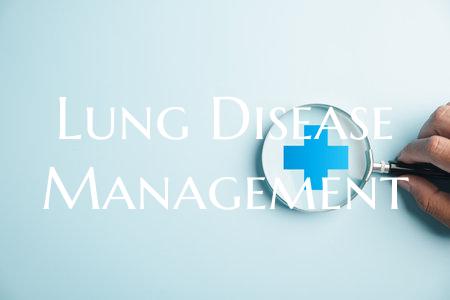
Lung Disease Management
Lung Disease Management
Lung diseases encompass a wide range of conditions that affect the functioning of the respiratory system. Effective management of lung diseases is crucial in promoting better lung health and overall well-being. Here are some key strategies for managing lung diseases:
1. Diagnosis and Treatment: Proper diagnosis is essential for effective management of lung diseases. Consult with a healthcare provider to accurately diagnose the specific lung condition you are dealing with. Treatment options may include medications, oxygen therapy, pulmonary rehabilitation, and in some cases, surgery.
2. Medication Adherence: If prescribed medications for your lung disease, it is important to adhere to your treatment plan. Taking medications as directed by your healthcare provider can help control symptoms, improve lung function, and prevent flare-ups.
3. Lifestyle Modifications: Making healthy lifestyle choices can greatly impact lung health. Avoiding smoking and exposure to secondhand smoke, maintaining a healthy weight, getting regular exercise, and eating a balanced diet rich in fruits and vegetables can all contribute to better lung function.
4. Pulmonary Rehabilitation: Pulmonary rehabilitation programs are designed to help individuals with lung diseases improve their quality of life. These programs often include exercise training, education on lung health, and support for managing symptoms.
5. Monitoring Symptoms: Paying attention to changes in your symptoms is important for managing lung diseases. Keep track of your symptoms, such as cough, shortness of breath, and wheezing, and report any changes to your healthcare provider promptly.
6. Avoiding Environmental Triggers: For individuals with lung diseases such as asthma or COPD, avoiding environmental triggers that can exacerbate symptoms is crucial. This may include staying indoors on high-pollution days, using air purifiers, and avoiding allergens like dust mites and pet dander.
7. Vaccinations: Vaccinations, such as the flu shot and pneumonia vaccine, are important for individuals with lung diseases to prevent respiratory infections that can worsen their condition. Consult with your healthcare provider to ensure you are up to date on recommended vaccinations.
By following these strategies and working closely with your healthcare team, you can effectively manage your lung disease and improve your quality of life. Remember that early detection, proper treatment, and healthy lifestyle choices are key components of lung disease management.